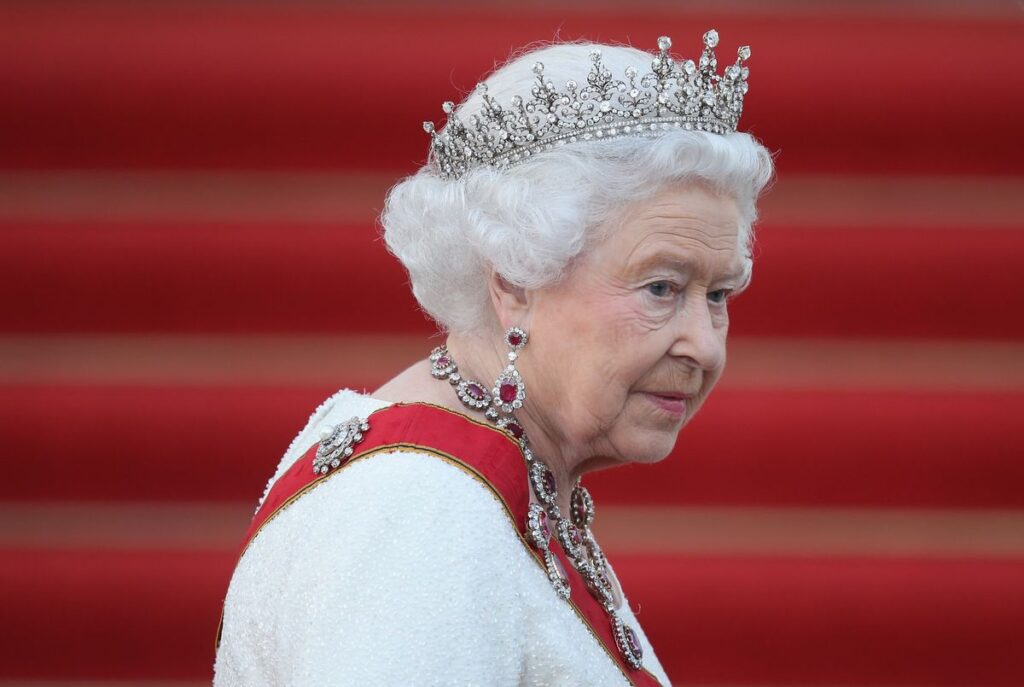By Bhaskar Sur
The death of the Queen took none by surprise. Her reign which lasted for seven decades has been the longest in British history. Yet the world mourned as much for a kind of nostalgia for paternalistic monarchy as for her charisma. She was loved by the common people across the party lines – by the conservatives and quite unaccountably, by the supporters of the Labor who find monarchy an anachronism.
Her charisma was the creation of the media which in a subtle way legitimized hierarchy and made people accept it as something natural and even desirable. British political establishment seems to have reached a consensus regarding the monarchy. Though a burden on the taxpayers, it is perhaps an inseparable part of British political life. Unlike Elizabeth, I, the wily Renaissance autocrat who led the foundation of the British Empire, her 20th-century namesake was only a titular monarch without any real power but she nevertheless wielded much soft power which endeared her to the people. As a monarch, she was not a solitary figure remote from the people but she convincingly gave the impression she was with them.
When her reign began in 1952, many welcomed it as the beginning of the Second Elizabethan Age and in a sense, they were not far from the truth. Though Britain gave up the empire, it retained the lead among European nations in science and technology. British universities retained their excellence and drew students in larger numbers from the former colonies. The British economy continued to grow as also the standard of living. The prediction and expectation of the progressive intellectuals of the colonies that bereft of the colonies, Britain would be a nation of destitute – proved to be wrong. British culture became more vibrant assimilating many features of the emigrants from the former colonies.
The UK grew to be a multicultural society and moved towards more racial and gender equality. During her reign, England came to have no less than three women Prime Ministers while France, the land of revolution, is yet to have one. English language which is England’s greatest contribution towards the unification of the world has flourished better in former colonies such as India, Nigeria, and the West Indies than in the land of its origin. The commonwealth has not fulfilled its initial expectations, but it exists as a memory of a vanished empire linked through the English language and the institutions that the British brought into existence. It is a sphere of British soft power. The Queen is not only the sovereign of the UK but also of Australia and New Zealand. The people of these democracies are unwilling to snap their relationship with the mother country, symbolized by the Queen. They feel proud to be a part of the British civilization.
Indians have been the most successful emigrants in the UK. Rishi Sunak, a conservative leader of Indian origin narrowly missed being the British premier. Can one imagine an Algerian vying for the post of the French president? Yet Indian Middle-class intellectuals, particularly of the Lefty variety have reacted in a manner that goes against all civilized norms and decency. In their vulgarity, viciousness, and uninformed vehemence they remind one of Swift’s abominable Yahoo in his dystopian vision.
The Indian government has declared a day of state mourning to honor the sovereign of the land to which we are tied with so many visible and invisible bonds. India owes its democracy (which alas in the hands of Indians is fast dying) financial, legal, educational, and cultural institutions and all that is really living and vibrant to England. So what is the source of this intemperate anger? Make no mistake, it stems from the xenophobic nature of Indian nationalism, particularly of the Hindu variety represented alike by Gandhians and Hindutva fanatics. Queen Elizabeth never ruled over India which became independent five years before she became the queen. The demands are often ludicrous- the queen ought to have apologized for the Jalianwalah bagh massacre. Perhaps they will demand a formal apology and even reparations from Iran for the massacres and plunders of Nadir Shah or from Kazakhstan for the genocide and rapine of Timur! The Maharaja of Udaypur killed five times the number of Bhils in the massacre of Mangarh.
While the victims of Jalianwalah bagh were amply compensated, all traces of the Bhil massacre were systematically effaced. Why don’t these hypocrites demand that the descendants of the Udaypur royal house must apologize to Bhils and compensate? Then the Kohinoor adorns the British crown. It came to England as a gift from the Sikh ruler Dalip Singh and not as a booty. There is no reason why, unlike the Parthenon pieces, the British will be under any moral obligation to return it. Perhaps these intellectuals, given the opportunity, will destroy everything the British left behind to replace it with, charlatanry and corrupt mob rule – the kind of things Indians are now beginning to experience. Yet they will always put their children in the best kind of English medium schools and only be very happy to see them emigrating to UK.
from his facebook page



























